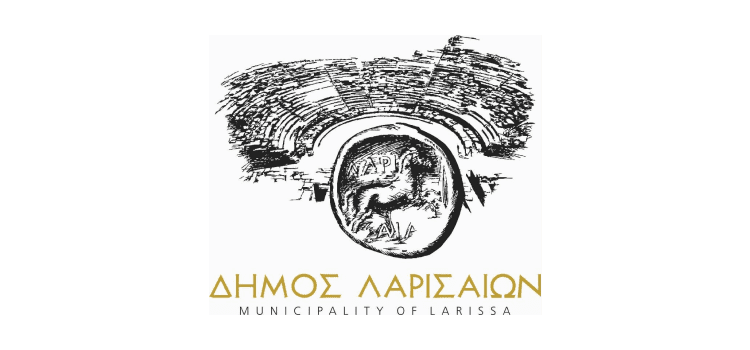Urban Resilience Plans (URPs) are strategic documents that assess a city’s resilience level, outline policy priorities and cross-sectoral collaborations, and define a cohesive and realistic plan for spatial interventions, actions, and partnerships to address existing and future challenges such as climate change, infrastructure issues, aging building stock, energy inadequacy, social cohesion, and microclimate degradation. They also provide a practical implementation program and timeline.
ISSUE
In recent years, our country has experienced a wide range of natural and environmental disasters, a direct result of climate change and unregulated human activity. A common denominator of these events is the vulnerability and fragility of the urban environment, which, combined with gaps in civil protection mechanisms, hinders timely prevention and effective response.
Thus, there is a need for a specialized strategy for prevention and management through risk assessment and mapping at the local and regional level, and the methodological, research, and operational strengthening of Local Government.
SOLUTION
- Defining the intervention area and the responsible infrastructure authorities
- Describing and analyzing existing demographic, socio-economic, urban planning, building, and traffic data using online sources and on-site inspections, and building corresponding databases
- Conducting combined spatial analyses and producing maps and other data visualization methods
- Deriving indicators related to resilience and the area’s capacity to respond effectively to environmental, social, and economic challenges
- Compiling directions from existing plans and aligning them with national and regional objectives to develop a solid network of priorities, vision, and required collaborations
- Developing detailed packages of measures (actions, spatial interventions, and partnerships) with their spatial and temporal application fields, aligned with municipal objectives and supported by monitoring indicators
- Creating a detailed implementation timeline for eachaction/intervention, identifying the responsible implementing bodies
- Applying participatory planning methodologies using online tools and face-to-face meetings with stakeholders
RESULT
A comprehensive and scientifically validated Urban Resilience Strategic Plan that combines appropriate data analysis, multi-criteria decision-making methods, participatory processes, and modern design solutions leveraging technology and international best practices.




























